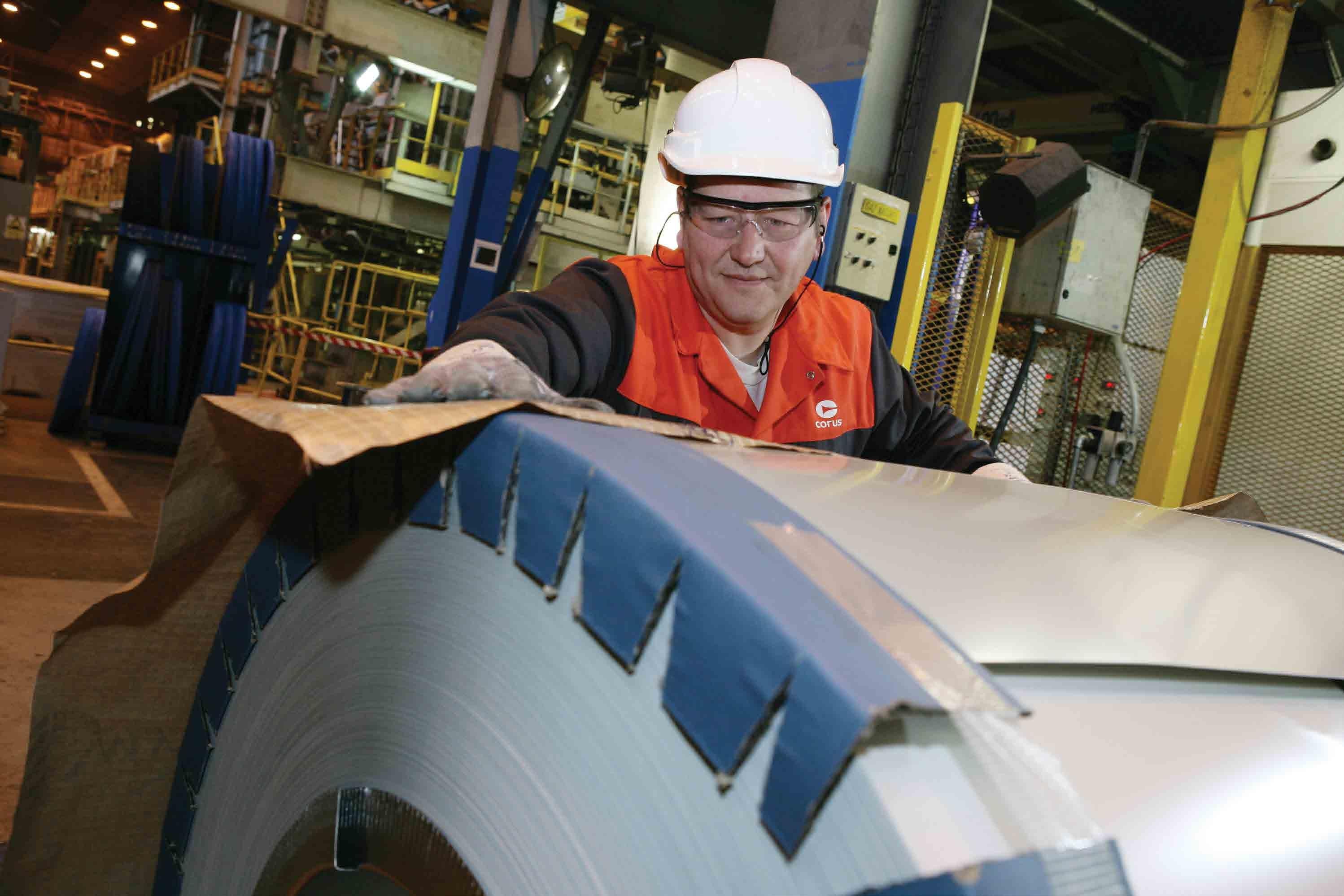COMMENT
BILLJAMIESON |
Executive Editor of The Scotsman
What community spirit? Despite all the drama, Core Europe is enjoying an encouraging recovery. Pity about the periphery.
S
et aside Greece, Portugal, Spain, Ireland, ratings agency warnings, credit default swaps, the single currency, the euro crisis summits, the grumbles in Germany, the True Finns, and the riots in Athens. It could fairly be said to be a pretty good year for Europe so far. There is a recovery story. But who’s been listening? Or who’s been able to listen? Continuing good numbers out of Germany and France speak to an upturn altogether more credible and robust than the figures coming out of America and the UK of late. But then there’s been the euro-mess. In the course of this it was revealed that senior eurozone officials have been working on a colour-code system to indicate the level of financial stress or ‘crisis’ facing banks and governments. Jean-Claude Trichet, president of the European Central Bank, left no-one in any doubt as to how serious he thought it was. The eurozone debt crisis could, he said, be categorised as ‘Code Red’. But this is the same Jean Clause Trichet who also signalled at the height of the Greek drama that the ECB was in “strong vigilance mode” to raise interest rates a second time. Clearly the ECB felt that the growing strength of recovery in the eurozone as a whole merited action to contain inflation pressures. So that was a ‘Code Red’, too – though one flashed in the opposite direction. How that plays in Ireland, Spain and Portugal can only be imagined. In Athens it may not have been noticed amid the tear gas, but it speaks to the enormous gulf that now exists between the northern countries of the eurozone and its southern members. Their economies are struggling to gain any traction at all. An interest rate rise at this time, never mind a series of them, is the very last thing they need – the response of a central bank on another planet. It is interesting that while Germany has staged strong growth in the past year – 6 Industry Europe
mainly led by exports but with some signs of a recovery also in domestic demand – this does not appear to have made the country any more magnanimous in its view of the Greek debacle. There is no sense of eurozone community spirit or that ‘we’re all in this together’. Surely the Germans could have afforded to cut their southern neighbours some slack? There is a pragmatic argument that the crisis and its immediate aftermath provide the perfect opportunity for the eurozone to take an epochal leap forward and for a single tax and fiscal union to be established. This would formalise the eurozone as a transfer union, with the wealthier countries providing much needed support in times of crisis for their weaker brethren.
“Clearly the ECB felt that the growing strength of recovery in the eurozone as a whole merited action to contain inflation pressures.” But keen though officials in Brussels may be to seize this moment, voters in the more prosperous areas of northern Europe show no sign at all of warming to it. Germany in particular has deep misgivings over its participation in the Greek bail-out. This may be one reason: it is struggling itself with near-bankrupt municipalities – hundreds of mini Greeces. Those in areas of long-term industrial decline have been particularly hard hit. In three federal states – Saxony-Anhalt, Lower Saxony and Rhineland-Palatinate – bail-out programmes for municipalities were set up last year. In other states such as North-Rhine Westphalia and Hesse, they are being discussed or are in the offing. Rating agency Fitch estimated overall municipal debt at around €115 billion for 2009 and warned it would rise to ‘a very big figure’ in 2010. Municipal finances were
described as ‘completely threadbare’. Many in Germany will sorely question the legitimacy of federal government support for bail-outs to Greece when the plight of the country’s own municipalities deserves at least equal consideration.
Global recovery is the key
How long Greece will be able to sustain the illusion of meeting and enforcing the required austerity measures is moot. The country’s political fabric is about as bankrupt as its economy. So Europe as a whole will be on tenterhooks for the rest of this year and beyond. Is this an environment in which economic recovery can be sustained? Bank finance for companies in Germany and France may be less forthcoming if tighter capital ratios are required to deal with a solvency crisis in a eurozone member state. However, so long as Asia Pacific, and China in particular, continues to grow, these are critical export markets for the likes of Audi and Renault. And there is also the prospect of continuing weakness of the European single currency, which should help exporters. Set against this, however, are those cryptic pledges of support from China, clearly keen to continue acquiring key assets and companies in Europe. The Chinese have an interest in seeing the survival and recovery of the euro as an insurance counter to its huge holdings of US treasury debt. The euro as an alternative investment currency has appeal. For the moment, however, it is a strengthening global recovery that we need. Eurozone exporters will be anxious to ensure the recent weakness is just a soft patch and not something more serious. It is the health and vigour of the global economy more than Greece that will really determine whether Europe’s export recovery will continue in the period ahead. n









































